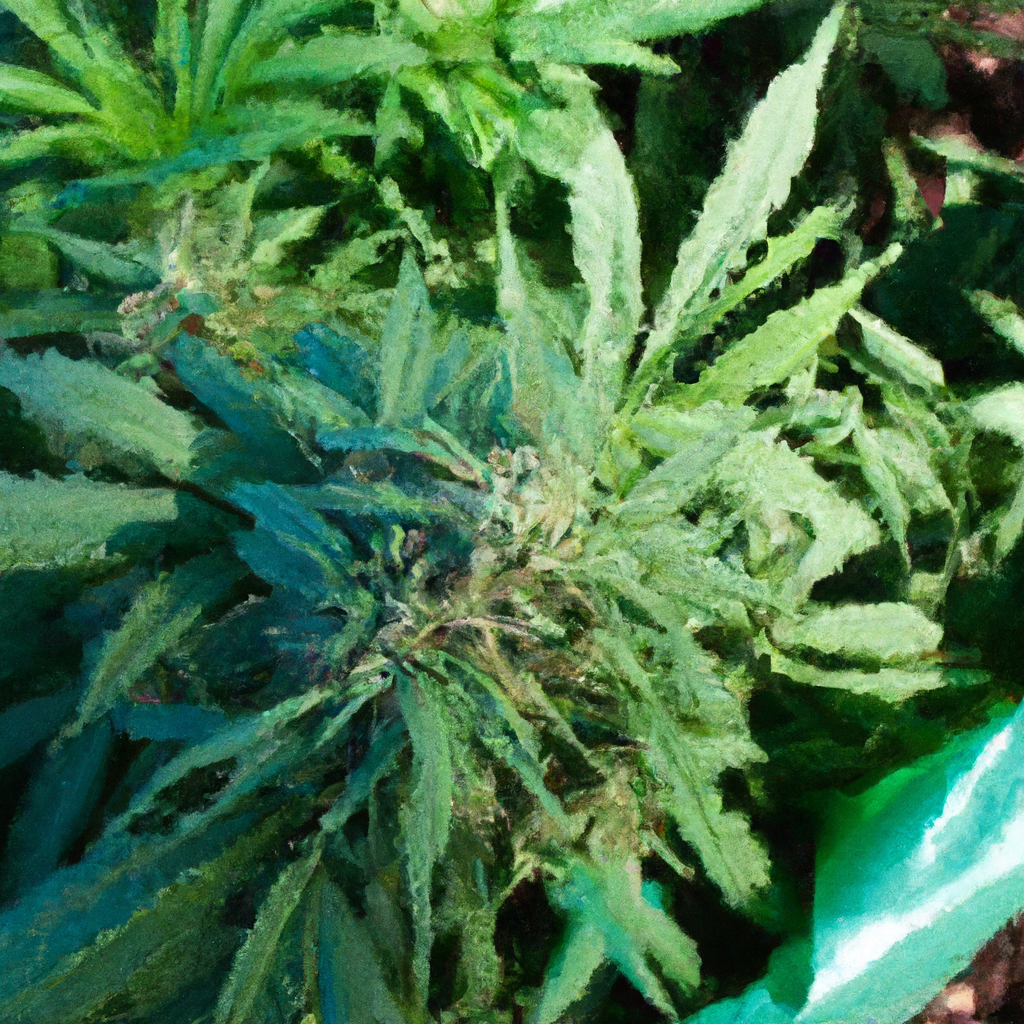Your cart is currently empty!
Introduction
Organic cannabis cultivation represents a holistic approach to growing that prioritizes environmental health and sustainability. By focusing on natural fertilizers, composting, and integrated pest management, growers can cultivate high-quality cannabis while building a healthy ecosystem. This method benefits not only the environment but also the consumers who enjoy cleaner, more robust flavors and effects.
Crafting a Rich Soil Ecosystem
An organic cannabis garden thrives on the vitality of its soil. Building a rich soil ecosystem is essential for optimizing plant health and productivity.
- Composting: Use compost to enrich soil with essential nutrients and microorganisms. A good compost mix can include kitchen scraps, garden waste, and manure.
- Cover Crops: Incorporate cover crops like clover or vetch into your soil ecosystem. They fix nitrogen in the soil while preventing erosion.
- Mulching: Apply a layer of organic mulch to regulate soil temperature, retain moisture, and suppress weed growth.
Natural Fertilizers and Amendments
When it comes to nourishing your cannabis plants, nature offers a bounty of options. Choosing the right organic fertilizers is crucial for sustaining growth and yielding healthy plants.
- Compost Tea: Brewed from compost, this nutrient-rich tea boosts microbial activity and provides essential nutrients to plants.
- Bone Meal: A rich source of phosphorus, bone meal supports strong root development and vibrant blooms.
- Seaweed Extracts: These provide trace minerals and growth-enhancing hormones to promote vigorous plant growth.
Natural Pest Management Techniques
An integral part of organic cannabis cultivation is managing pests naturally without synthetic chemicals. By promoting biodiversity and using natural predators, growers can maintain a balanced ecosystem.
- Beneficial Insects: Introduce insects like ladybugs and predatory mites to help control pest populations naturally.
- Companion Planting: Use plants such as marigolds or basil alongside cannabis to deter pests and attract beneficial insects.
- Neem Oil: Extracted from neem trees, this natural oil acts as a powerful biological pesticide with minimal harm to beneficial insects.
Conclusion
Through the implementation of these organic practices, cannabis growers can cultivate a sustainable and thriving ecosystem that not only fosters healthy plant growth but also enhances the quality of the final product. Embracing these methods ensures a legacy of care and responsibility towards both the environment and conscious consumers, paving the way for a greener future.


Leave a Reply